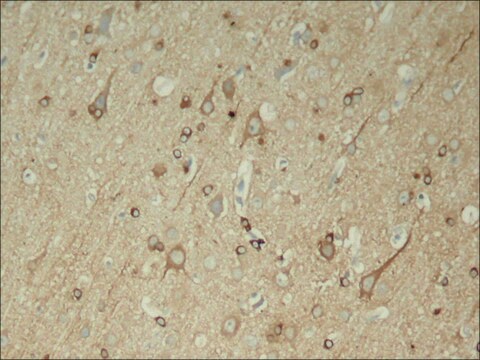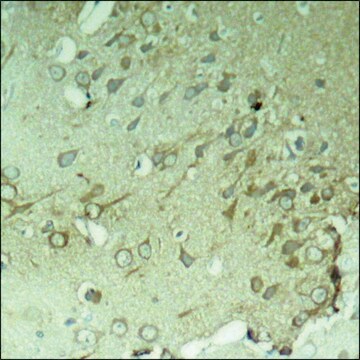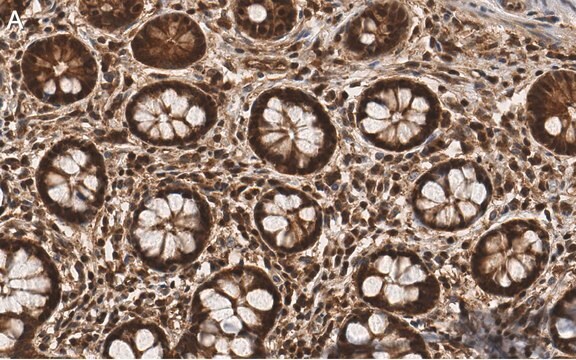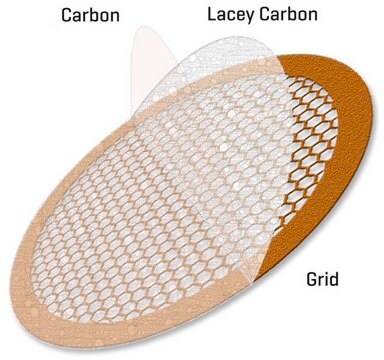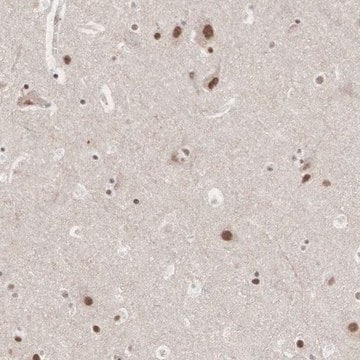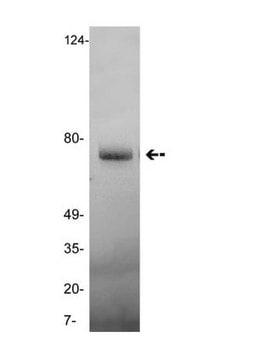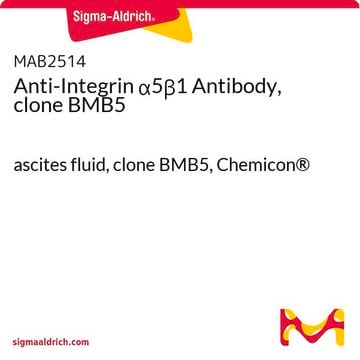SAB4300090
Anti-phospho-MAPT (pSer262) antibody produced in rabbit
affinity isolated antibody
Synonym(s):
Anti-DDPAC antibody produced in rabbit, Anti-FLJ31424 antibody produced in rabbit, Anti-FTDP-17 antibody produced in rabbit, Anti-MAPTL antibody produced in rabbit, Anti-microtubule-associated protein tau antibody produced in rabbit
About This Item
Recommended Products
biological source
rabbit
Quality Level
conjugate
unconjugated
antibody form
affinity isolated antibody
antibody product type
primary antibodies
clone
polyclonal
form
buffered aqueous solution
mol wt
~48 kDa
~62 kDa
~78 kDa
species reactivity
rat, human, mouse
concentration
1 mg/mL
technique(s)
immunohistochemistry (formalin-fixed, paraffin-embedded sections): 1:50-1:100
indirect immunofluorescence: 1:100-1:200
western blot: 1:500-1:1000
isotype
IgG
immunogen sequence
(I-G-SP-T-E)
NCBI accession no.
UniProt accession no.
shipped in
wet ice
storage temp.
−20°C
target post-translational modification
phosphorylation (pSer262)
Gene Information
human ... MAPT(4137)
Related Categories
General description
Immunogen
Biochem/physiol Actions
Features and Benefits
Target description
Physical form
Disclaimer
Not finding the right product?
Try our Product Selector Tool.
Storage Class Code
10 - Combustible liquids
WGK
WGK 1
Flash Point(F)
Not applicable
Flash Point(C)
Not applicable
Certificates of Analysis (COA)
Search for Certificates of Analysis (COA) by entering the products Lot/Batch Number. Lot and Batch Numbers can be found on a product’s label following the words ‘Lot’ or ‘Batch’.
Already Own This Product?
Find documentation for the products that you have recently purchased in the Document Library.
Our team of scientists has experience in all areas of research including Life Science, Material Science, Chemical Synthesis, Chromatography, Analytical and many others.
Contact Technical Service